The first time I attempted to write this blog post, I included the suggestion that we hug a Muslim. It was not an original idea. Social media was peppered with the suggestion that we Jews should hug our Muslim neighbors to assure them of our concern in the wake of anti-Islamic sentiment expressed by our President-Elect. Why? Because Jews know what it is like to be singled out because of our religion.
My editorial board, being my two millennial adult children, first voiced skepticism. My son asked, would I go around asking people if they were Muslim and offering pats on the back? Hours later, my daughter shared with me that a Rabbi and a small group of Jews greeted worshippers arriving for Friday prayers at the Muslim Center of New York University. They handed out roses, held signs of support and offered words of comfort. Quote my daughter: “maybe dad wasn’t far off the mark.”
A key Jewish value is reaching out to the stranger, hachnasat orchim, which we learn from this week’s Torah reading. Abraham was sitting outside his tent and warmly receives three unexpected strangers. We might not have the opportunity to invite wanderers into our home, but we can extend care and comfort in other ways. Despite some calls to “get over it,” I believe we must first acknowledge that this election has triggered pain for many – women who have been abused, holocaust survivors, immigrants, Muslims, African Americans and the LGBT community. While hugs are welcoming gestures, they are not enough. We need to do more.
My sentiments were echoed on Friday night, November 11, when the Jewish Studio was honored to have Liz Schrayer speak after services. Liz brilliantly analyzed the election informed by her decades of bi-partisan work in Washington. Her comments both acknowledged the pain and made room for hope. Her message was that we must actively participate on issues that matter to each of us – immigration reform, gun control, women’s rights, race relations, or voter protection. As Liz reminded us our tradition teaches, “It is not incumbent upon you to complete the work, but neither are you at liberty to desist from it” (Avot 2:21, attributed to Rabbi Tarfon). And as Hillel asked, “if not now, when?” (Avot 1:14).
The first step is to be knowledgable about the issues. On December 2, the Jewish Studio’s Friday night services will be followed by a discussion of women’s rights. And throughout 5777, we will continue to explore issues of concern in a Jewish context, and do so in a container of respect and caring.
So, let’s open our hearts just as Abraham opened the doors of his tent. And let’s be vigilant in continuing the work of improving this world, even if we can’t complete the task. The hugs and our efforts should begin today.
R’ Evan Krame





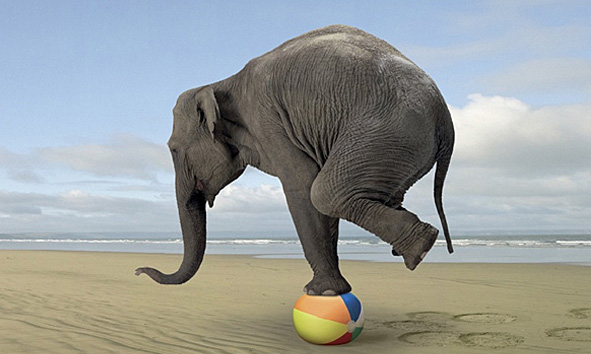
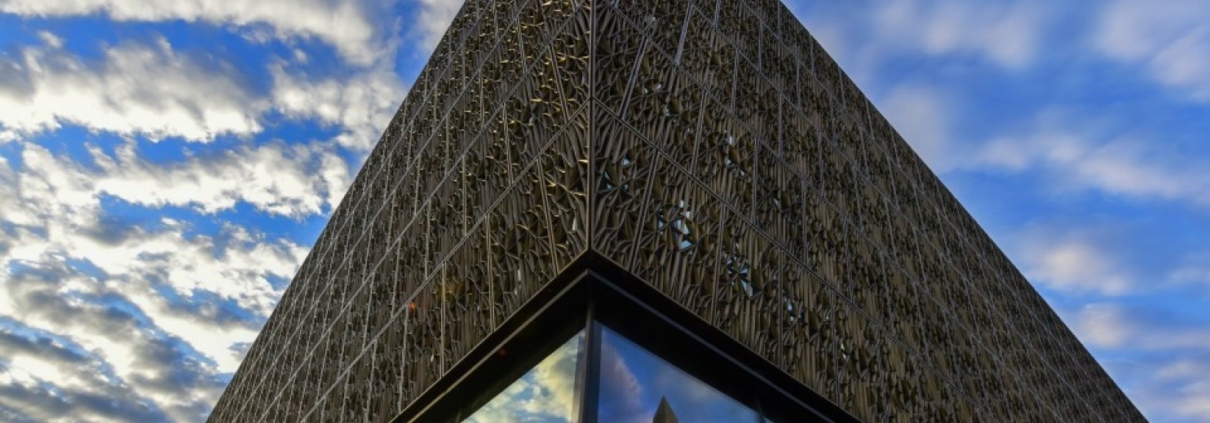
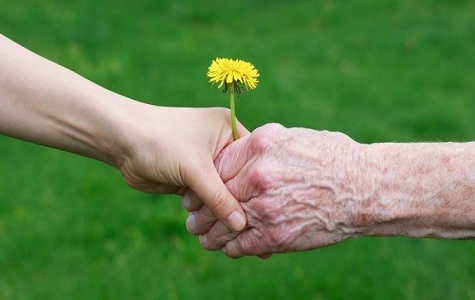
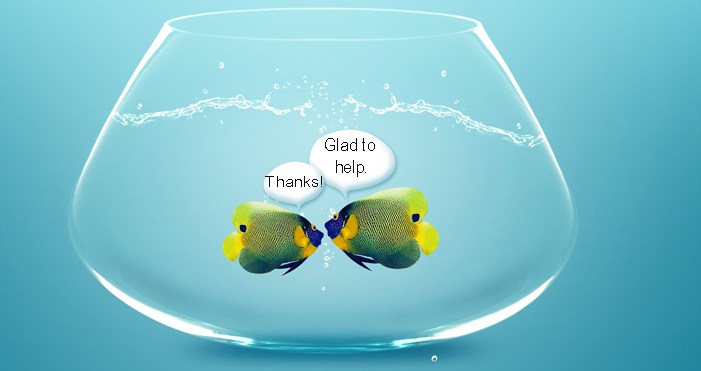
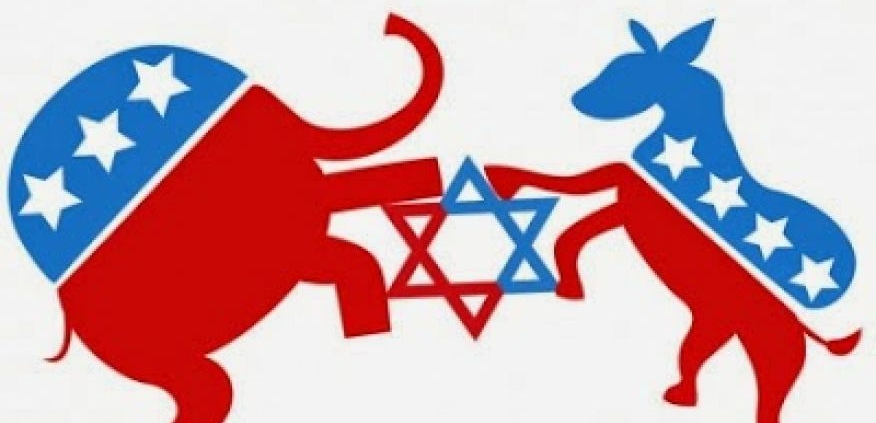
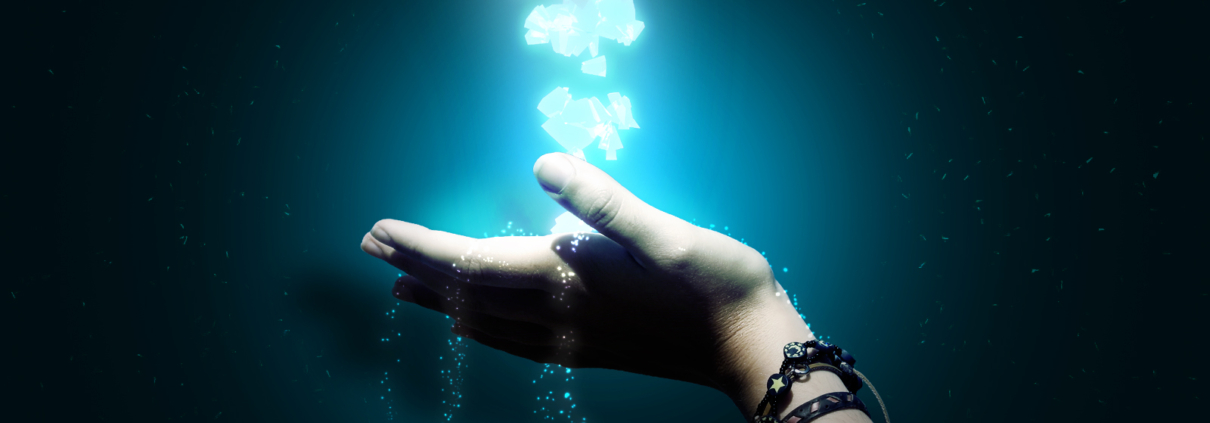


 Evan J. Krame was ordained as a rabbi by the
Evan J. Krame was ordained as a rabbi by the